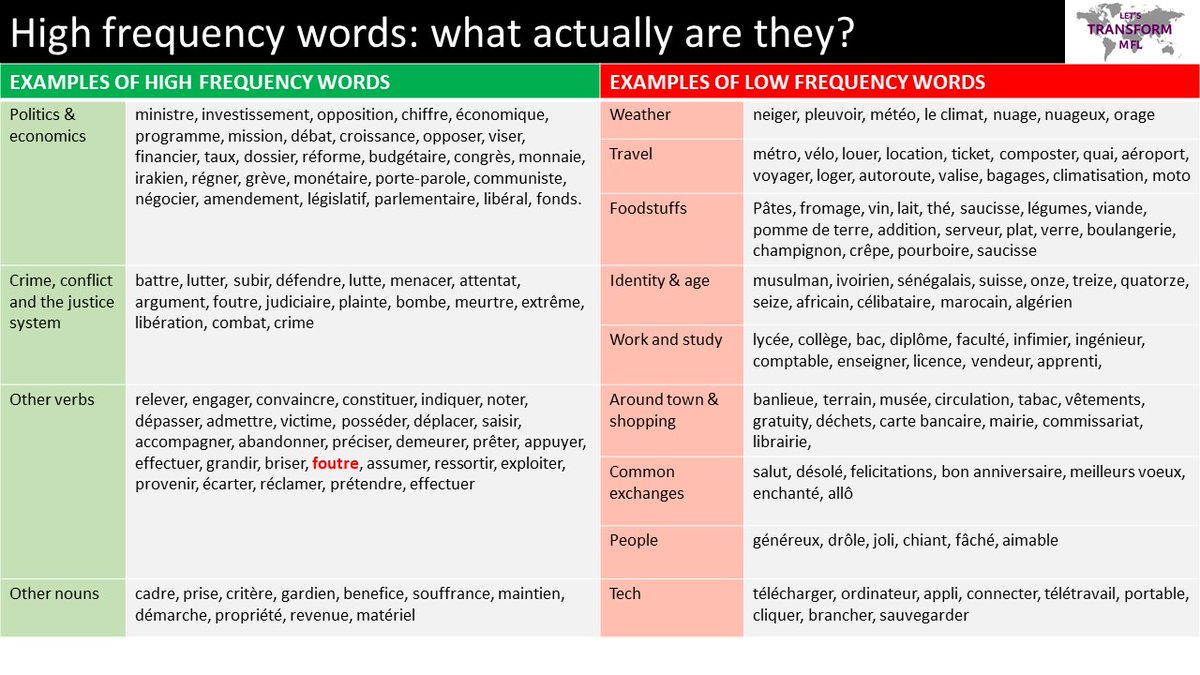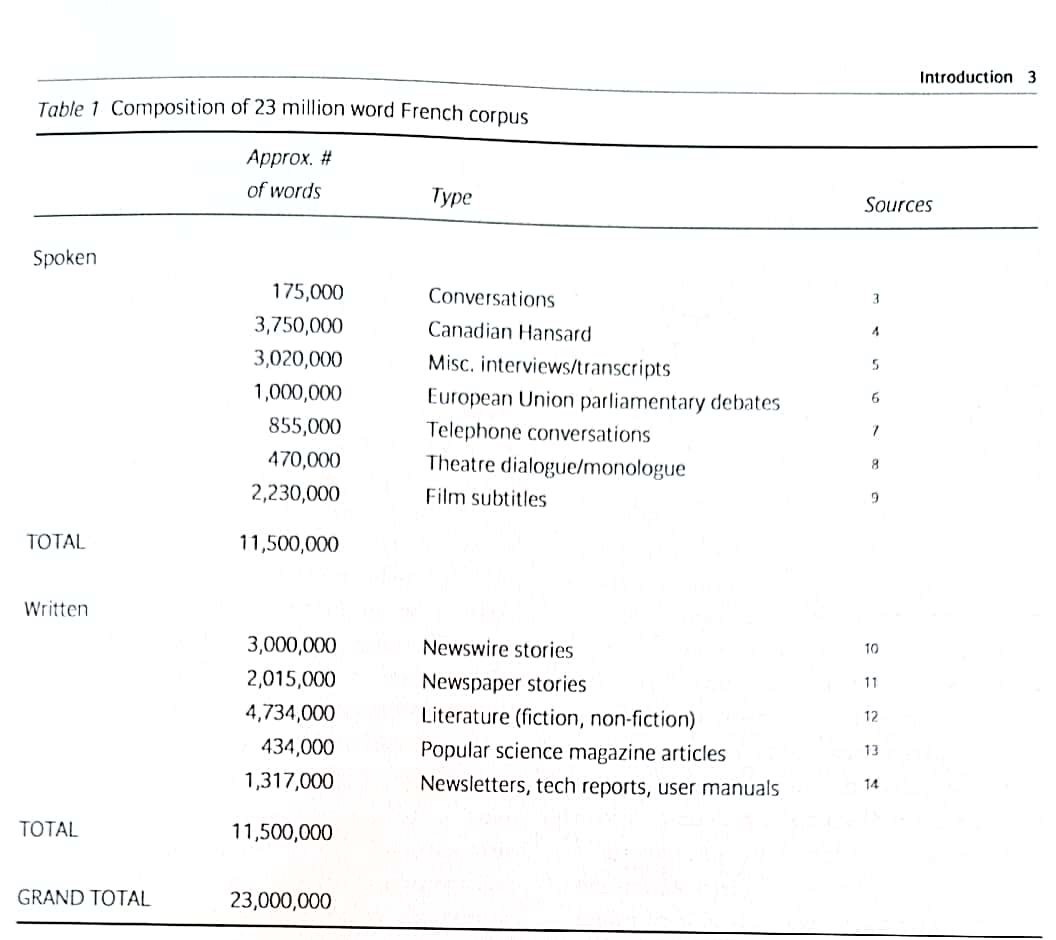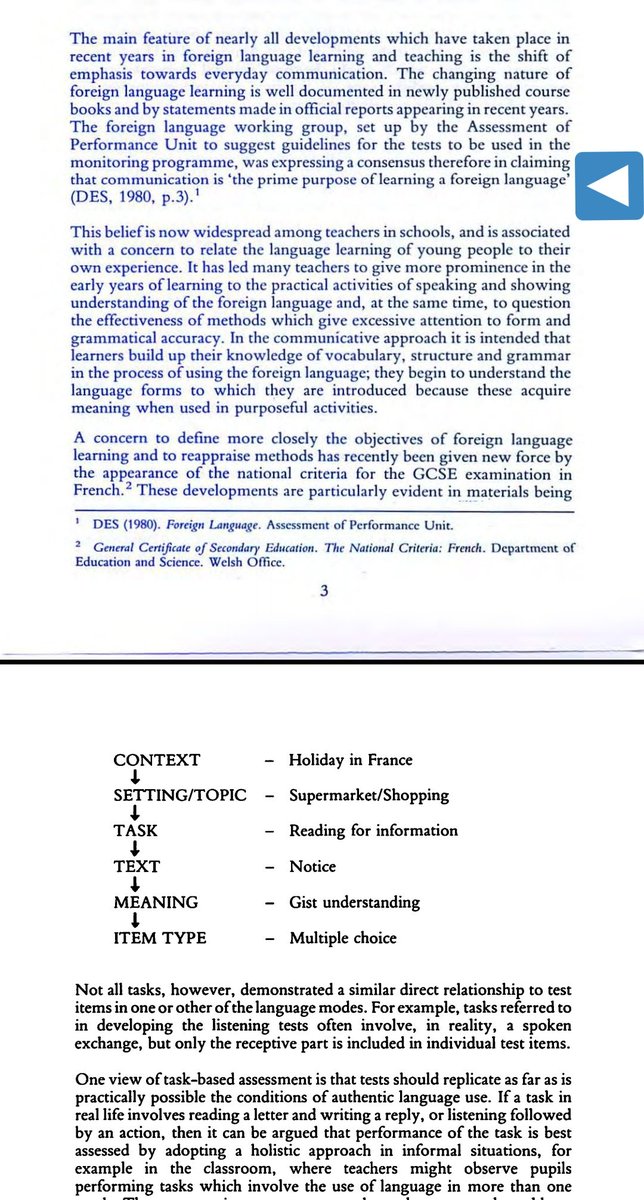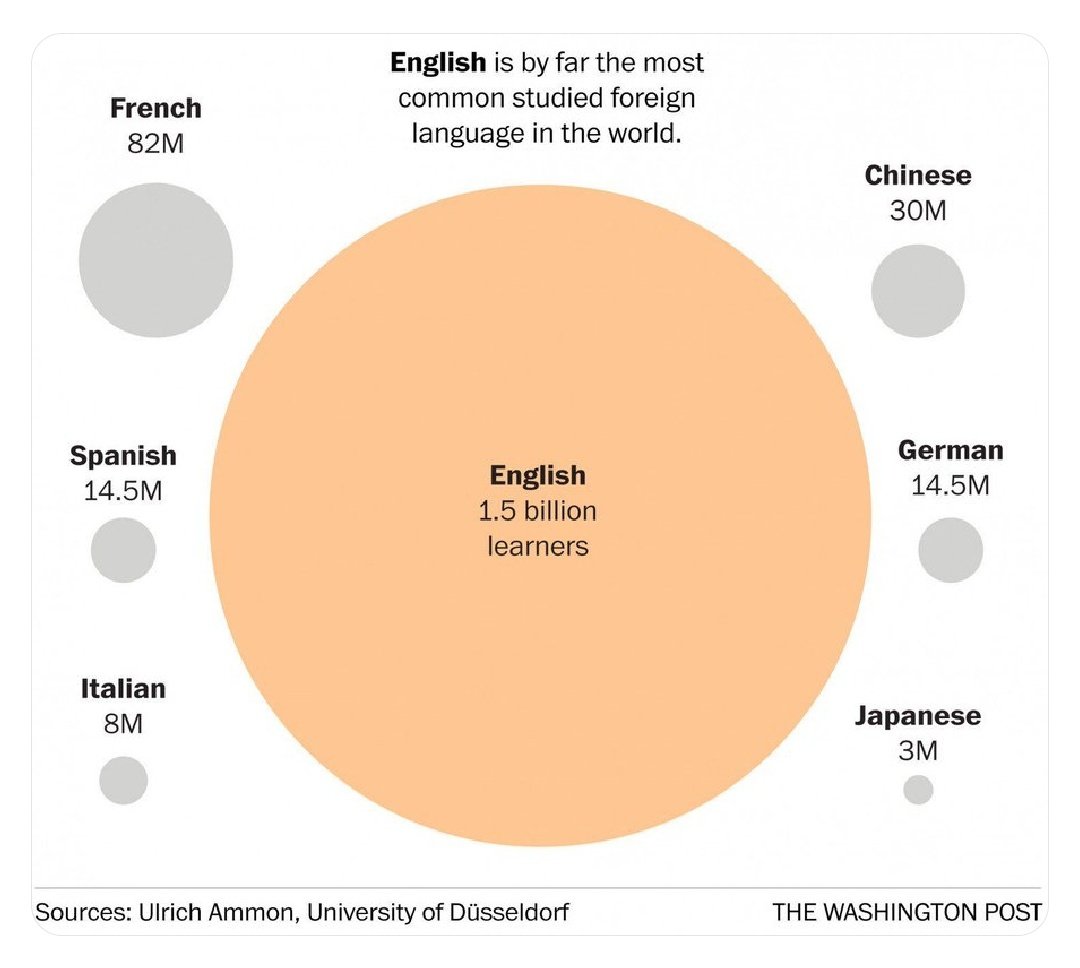
DfE's approach to MFL policy #mfltwitterati A thread:
1. Abolish national centre for languages research (CILT)
2. Appoint a small number of people to a panel do a review into teaching
3. In that review, recommend creation of a Centre for Excellence (a new CILT)
1. Abolish national centre for languages research (CILT)
2. Appoint a small number of people to a panel do a review into teaching
3. In that review, recommend creation of a Centre for Excellence (a new CILT)
4. Award £millions to one of the panelists from the review to run that Centre
5. Centre then starts producing a curriculum which matches the pedagogy (Huh?! Wrong way around!)
6. Appoint panel to review curriculum
7. Pre-confirm outcome of review will match curriculum from step 5
5. Centre then starts producing a curriculum which matches the pedagogy (Huh?! Wrong way around!)
6. Appoint panel to review curriculum
7. Pre-confirm outcome of review will match curriculum from step 5
8. Write criteria for membership of the panel post-hoc
9. Write-up the foregone conclusions of the review
10. Sit on it for a year
11. Publish review while teachers busy trying to work out how to award grades
9. Write-up the foregone conclusions of the review
10. Sit on it for a year
11. Publish review while teachers busy trying to work out how to award grades
No other subject would stand for this. If we want to be taken seriously like Maths and Science, when we need to start speaking up and taking a stand. Being neutral and optimistic in the face of the facts just won't cut it.
• • •
Missing some Tweet in this thread? You can try to
force a refresh






